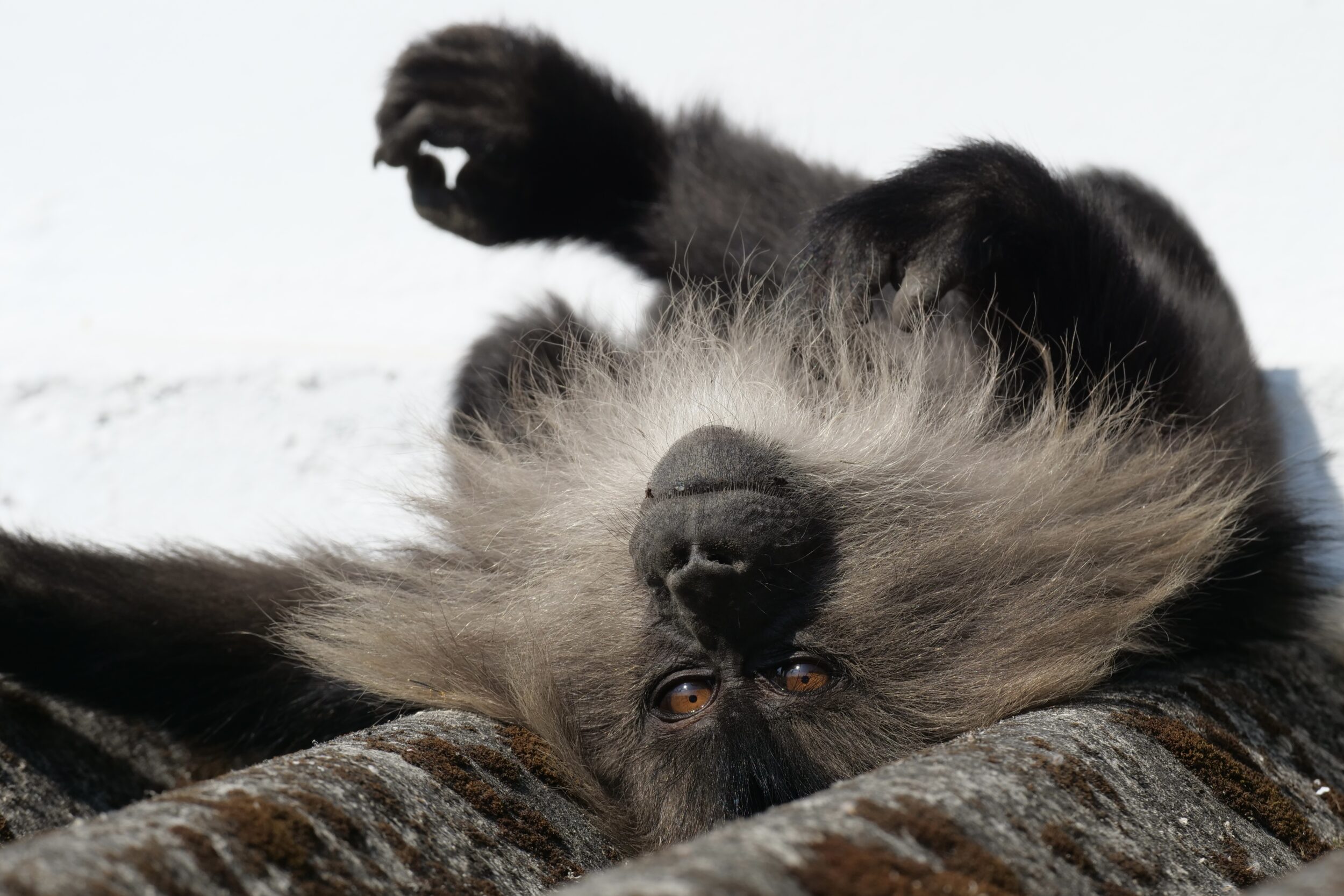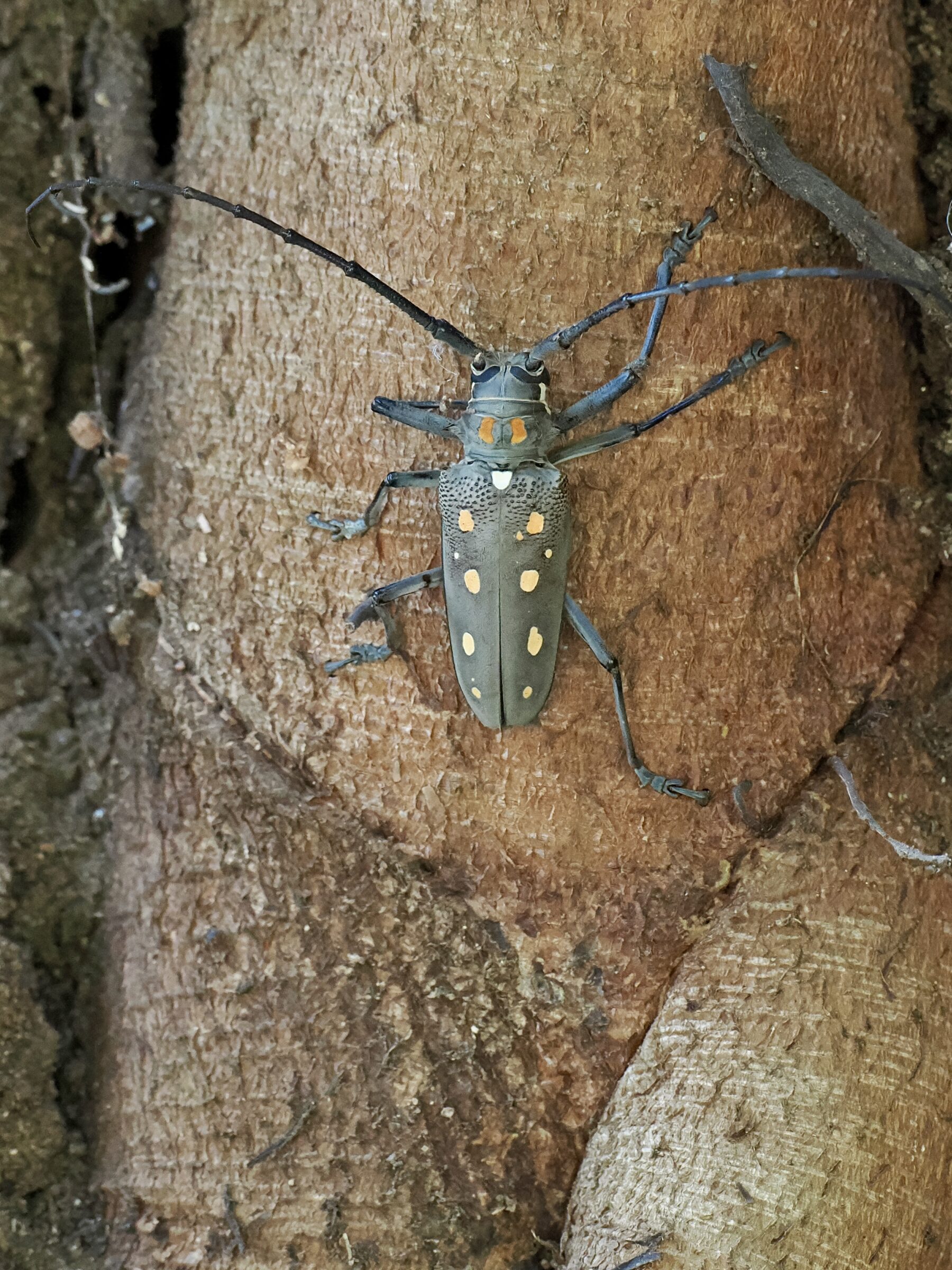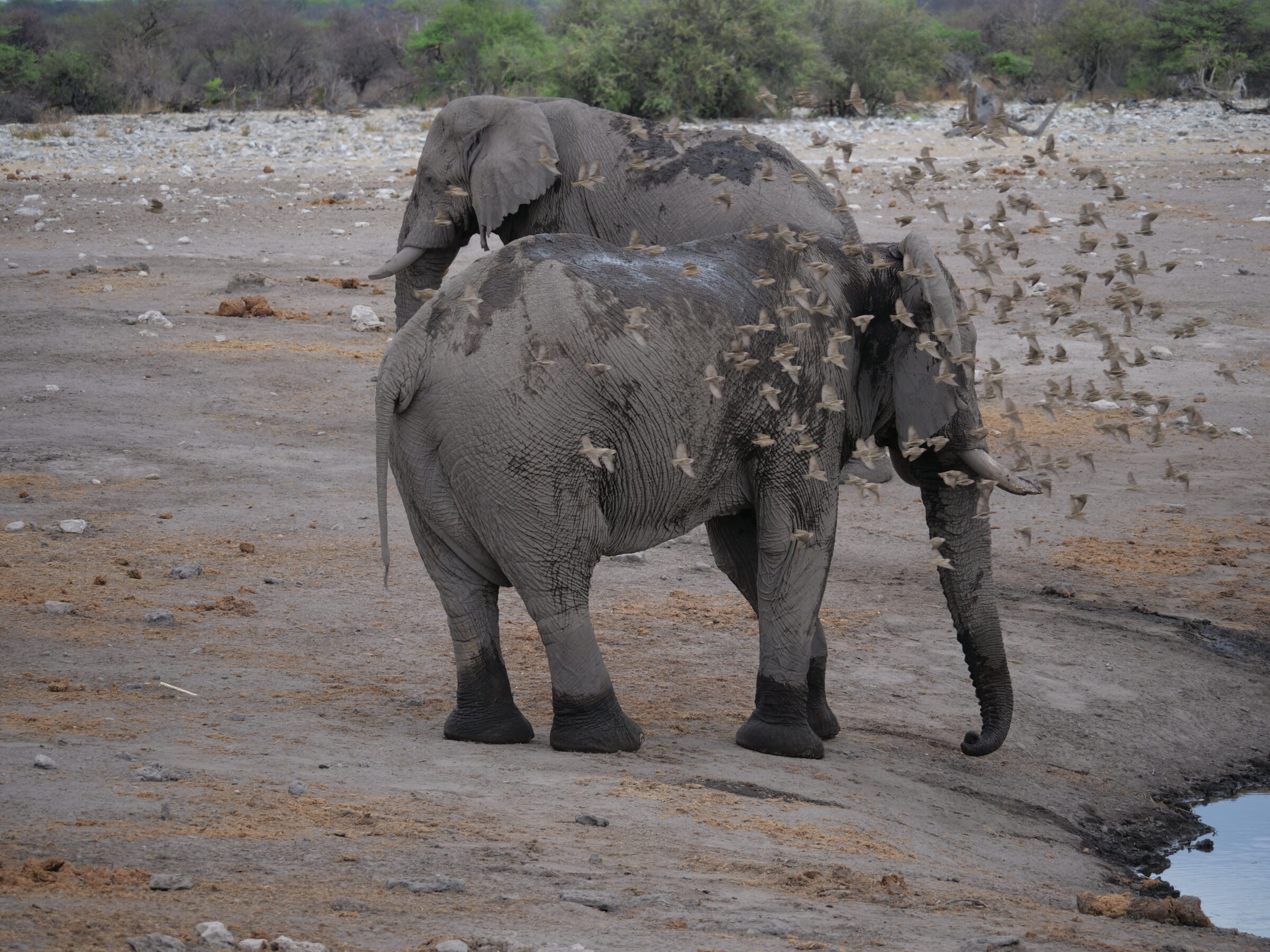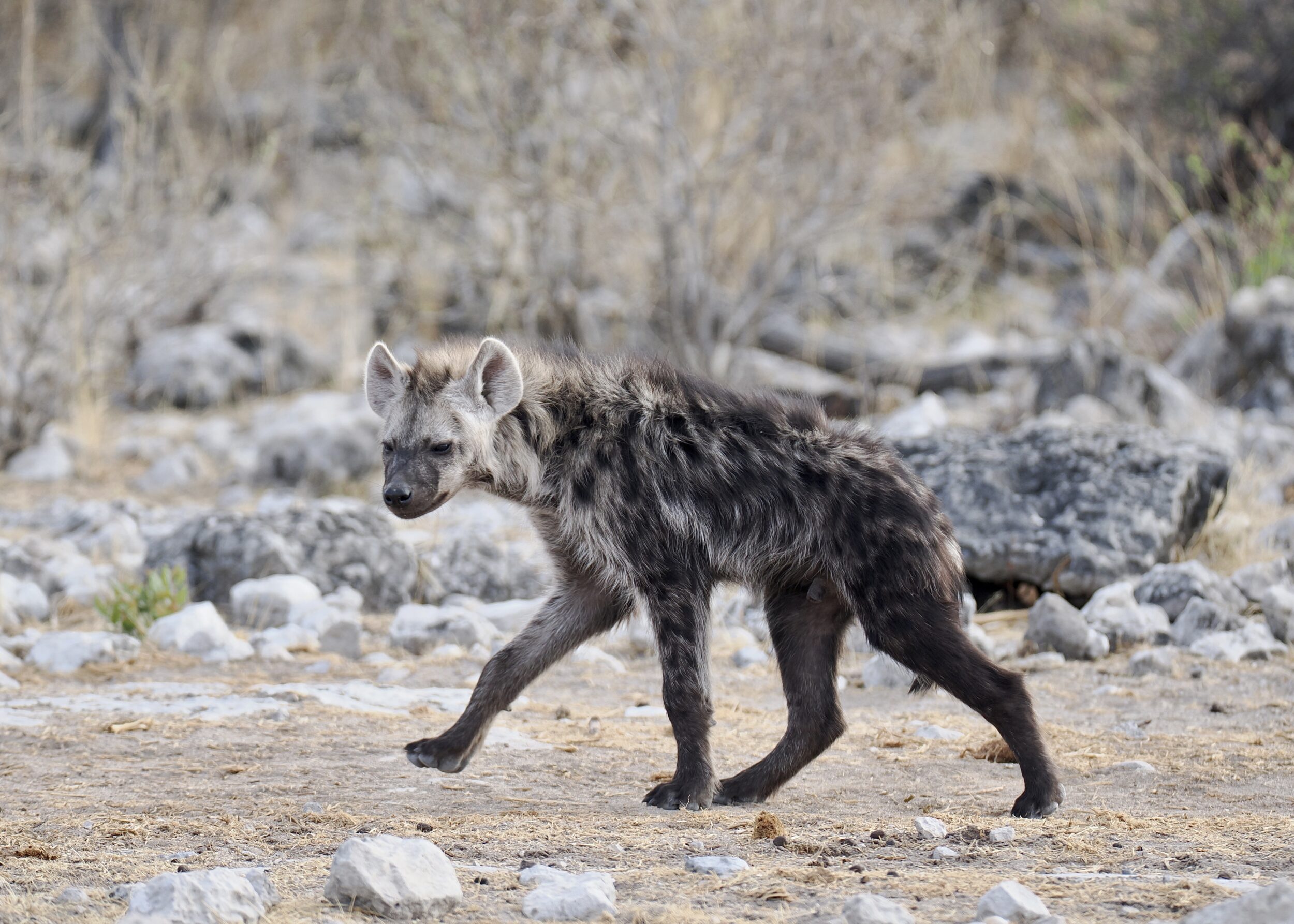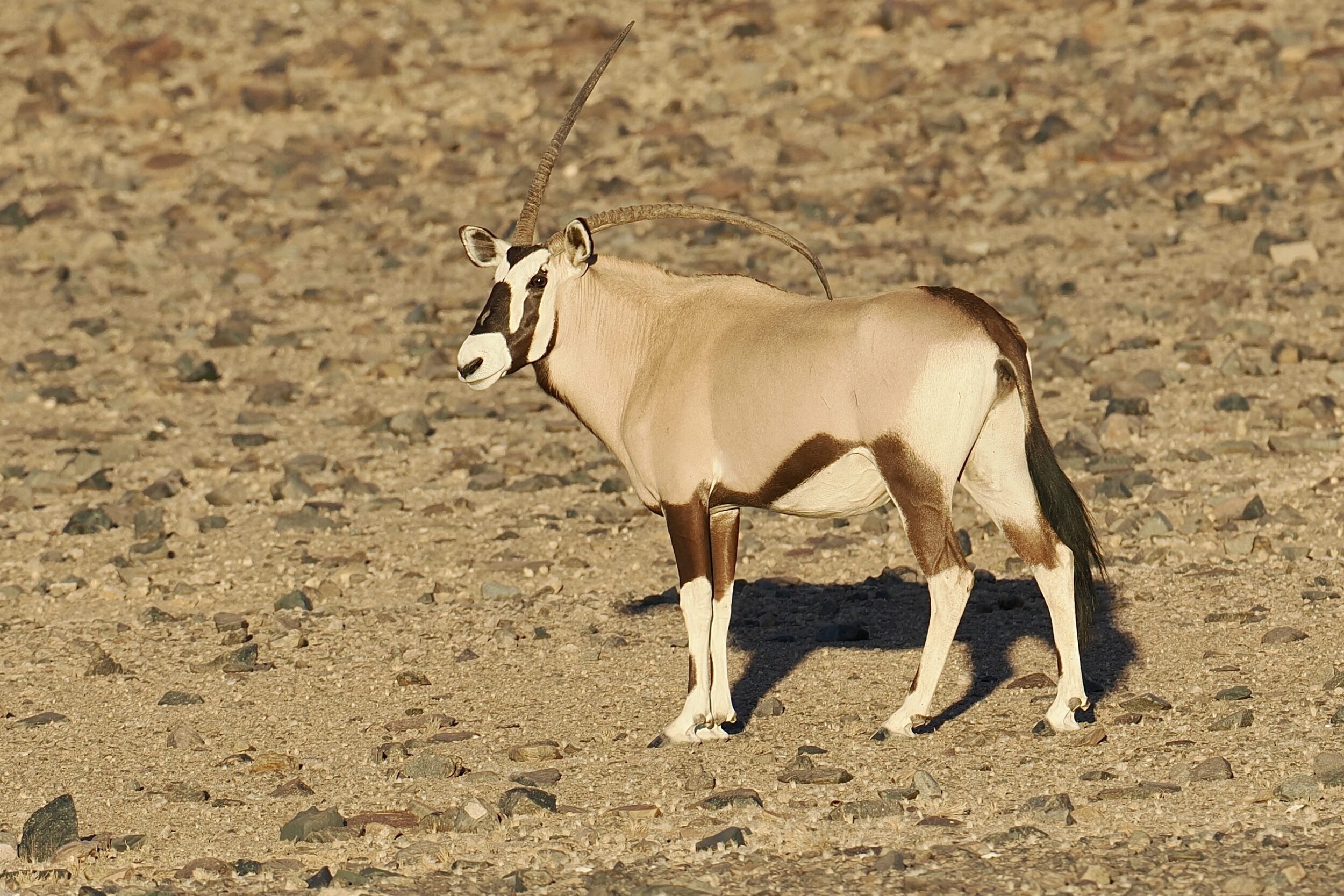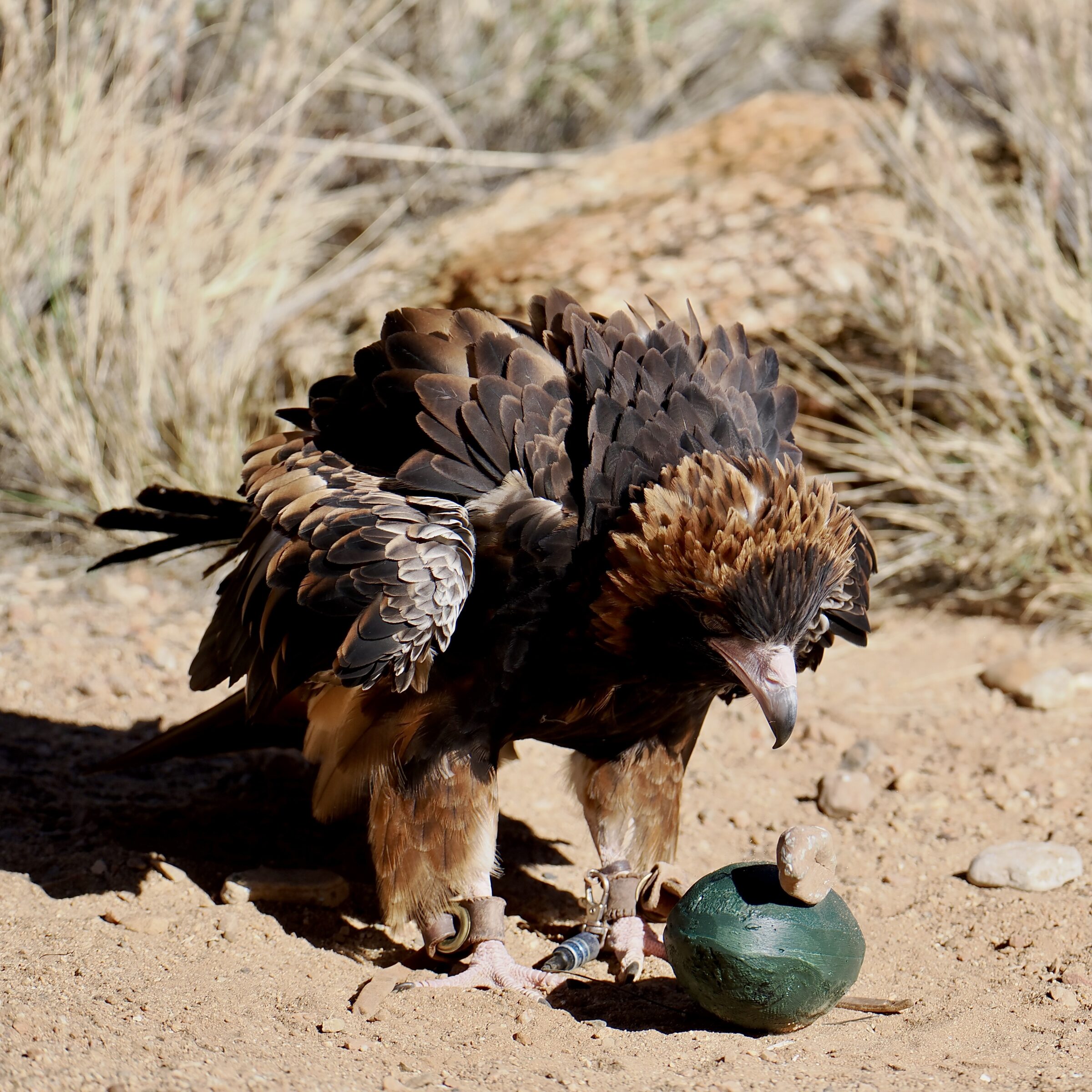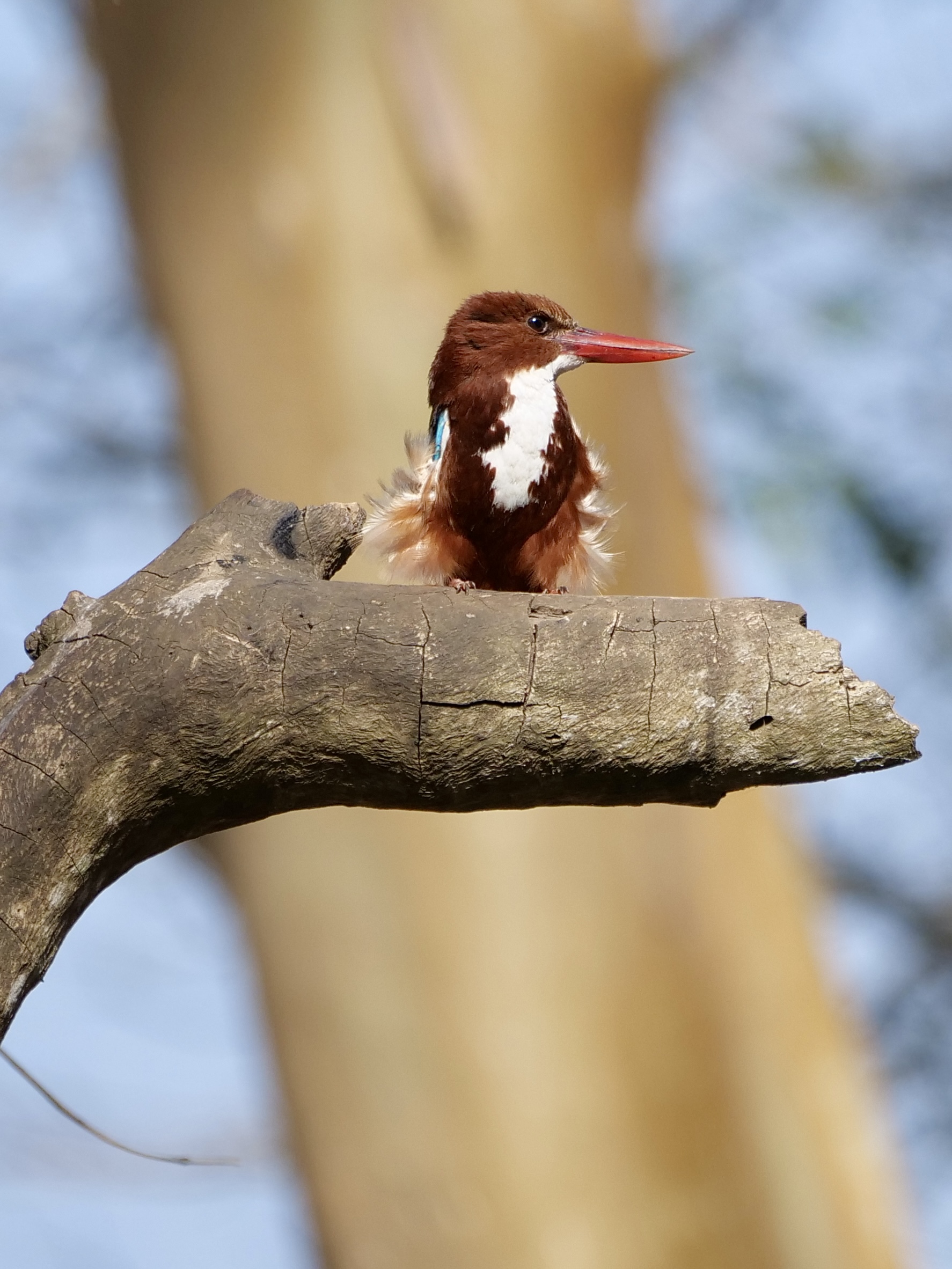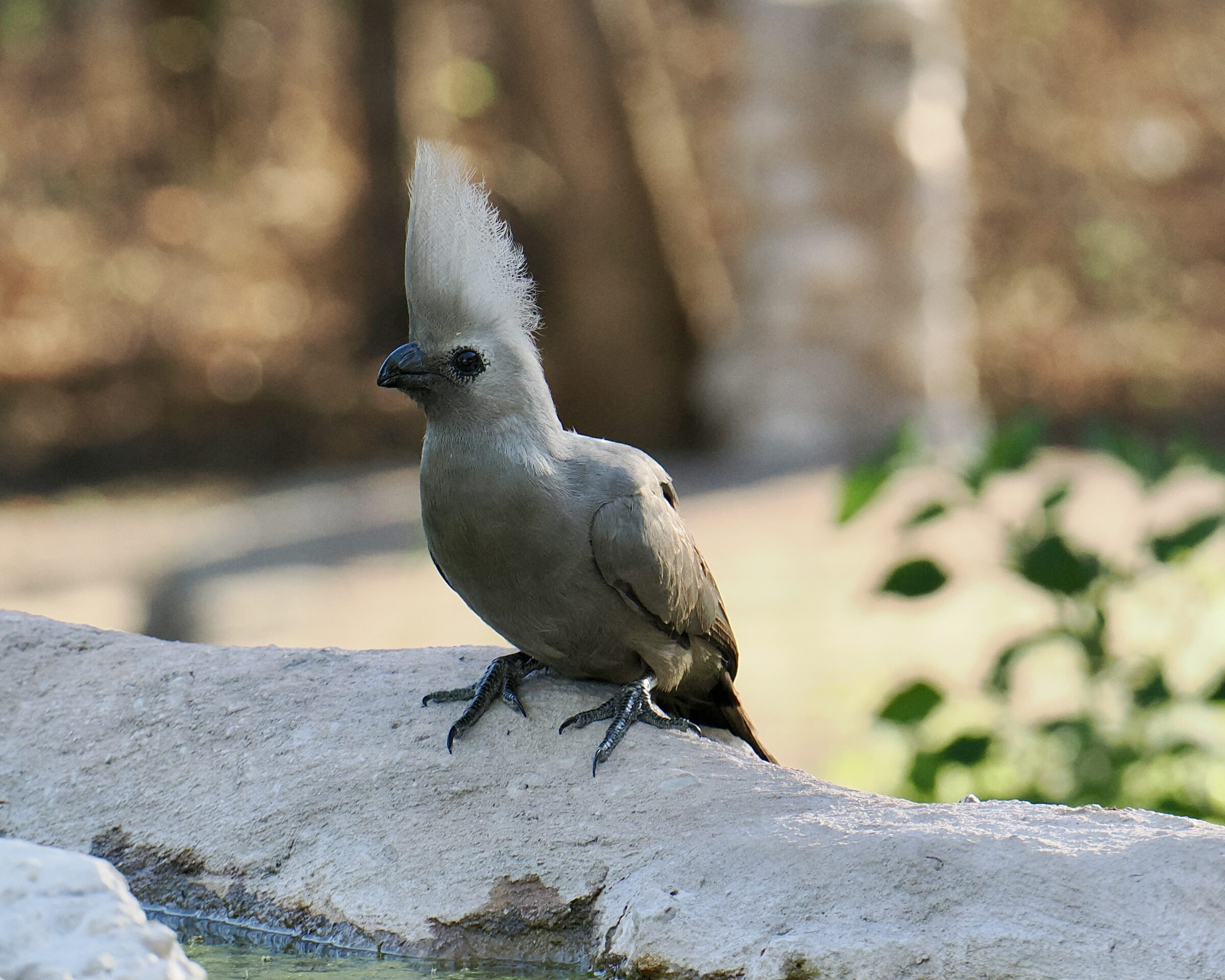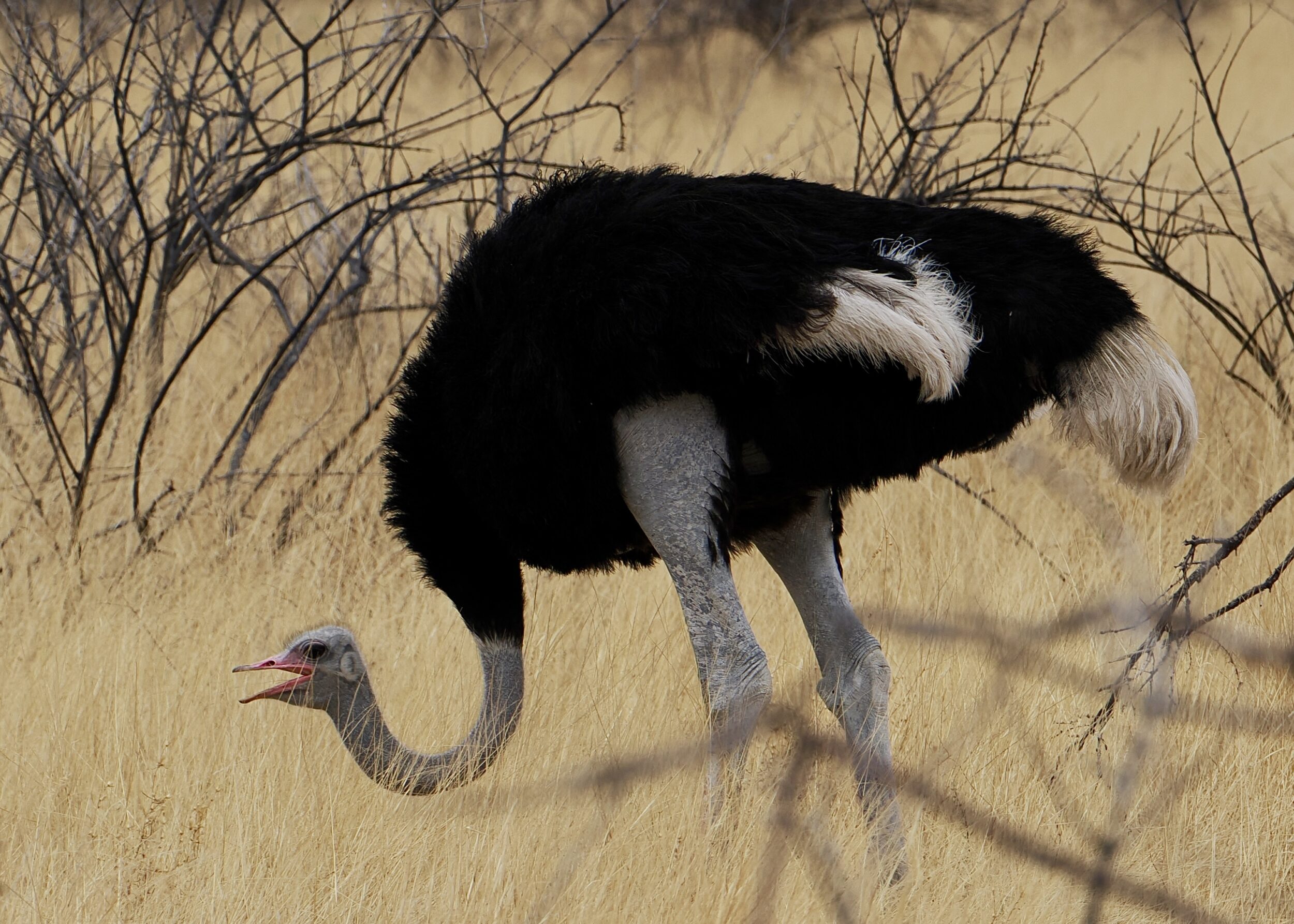As you can see, the featured image shows a young primate, looking very relaxed, on a rooftop.
Obviously, the pictured individual was well aware of my (very close) presence.
At the time – 9.26 am on 28 February 2023 – the relevant two species had a couple of dozen mutually-visible members present, in a village near Coonoor in the Nilgiri Hills, south India.
Yours truly belongs to the world’s most abundant primate species.
My photo’s subject is a wild member of one of the rarest, most endangered primate species.
Its rapidly-vanishing natural rainforest habitat is confined to small, scattered locations in India’s Western Ghats.
Allegedly, that species’ members are elusive creatures (who) usually occupy the tallest, shadowy rainforest canopies, far from human sight.
However much I loved my experience of the “endearing moment” pictured above, it was in fact a moment that should never happen – a symptom of how very desperate has become the plight of Macaca silenus, the lion-tailed macacque.
Comments closed